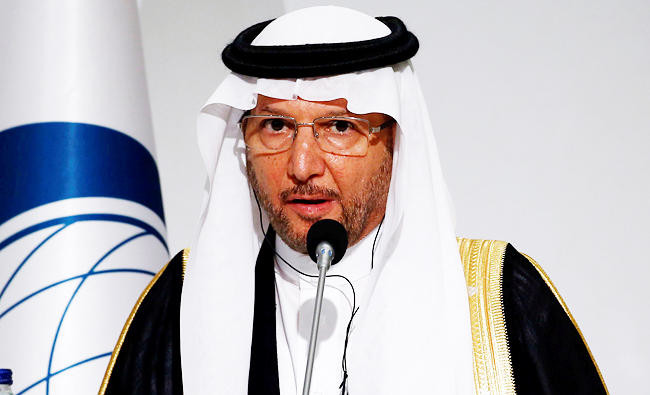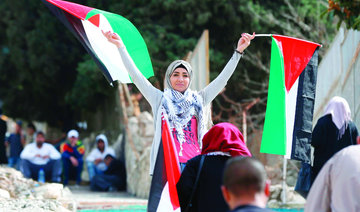RIYADH: The Organization of Islamic Cooperation (OIC) recently called on member countries for urgent action and appropriate ways of protecting the remaining Islamic cultural heritage against loss and neglect.
OIC Secretary-General Dr. Yousef bin Ahmed Al-Othaimeen made the call during an international conference on “Islamic Action for the Protection of Cultural Heritage” held in Istanbul, Turkey, November 1-2.
In his address, delivered by Mehla Ahmed Talebna, OIC general director of cultural, social and family affairs, Al-Othaimeen also called for adapting these ways through international initiatives and mechanisms for cultural heritage preservation as a whole, and to save and restore endangered heritage in Islamic countries.
He called on participants to develop cultural policies and plans on cultural heritage protection for adoption at the 10th Conference of Ministers of Culture to be organized by the Islamic, Educational, Scientific and Cultural Organization (ISESCO) in Khartoum, Sudan, on November 21-23.
He stressed that the OIC has committed itself to being a stronghold and protector Islamic cultural heritage and identity and accord the highest priority to the protection of cultural heritage in holy places.
Al-Othaimeen pointed out that the preservation, protection and enrichment of cultural heritage will contribute to countering the distortion of the image of Islam.
For her part, Talebna said that the International Conference on Cultural Heritage in the Muslim world was initiated by the general secretariat of the OIC and adopted by the 9th Islamic Conference of Cultural Ministers organized by ISESCO in Muscat, Oman.
She said the conference aimed to contribute to safeguarding the cultural identity and memory of the Islamic civilization in terms of historical knowledge, ancient sciences, universal values, traditional architectural knowhow, traditions, among others.
“We need to move urgently with the aim of saving our rich cultural heritage,” she said.
The conference was organized by the Research Center for Islamic History, Art and Culture in cooperation with the OIC General Secretariat and ISECO.
















